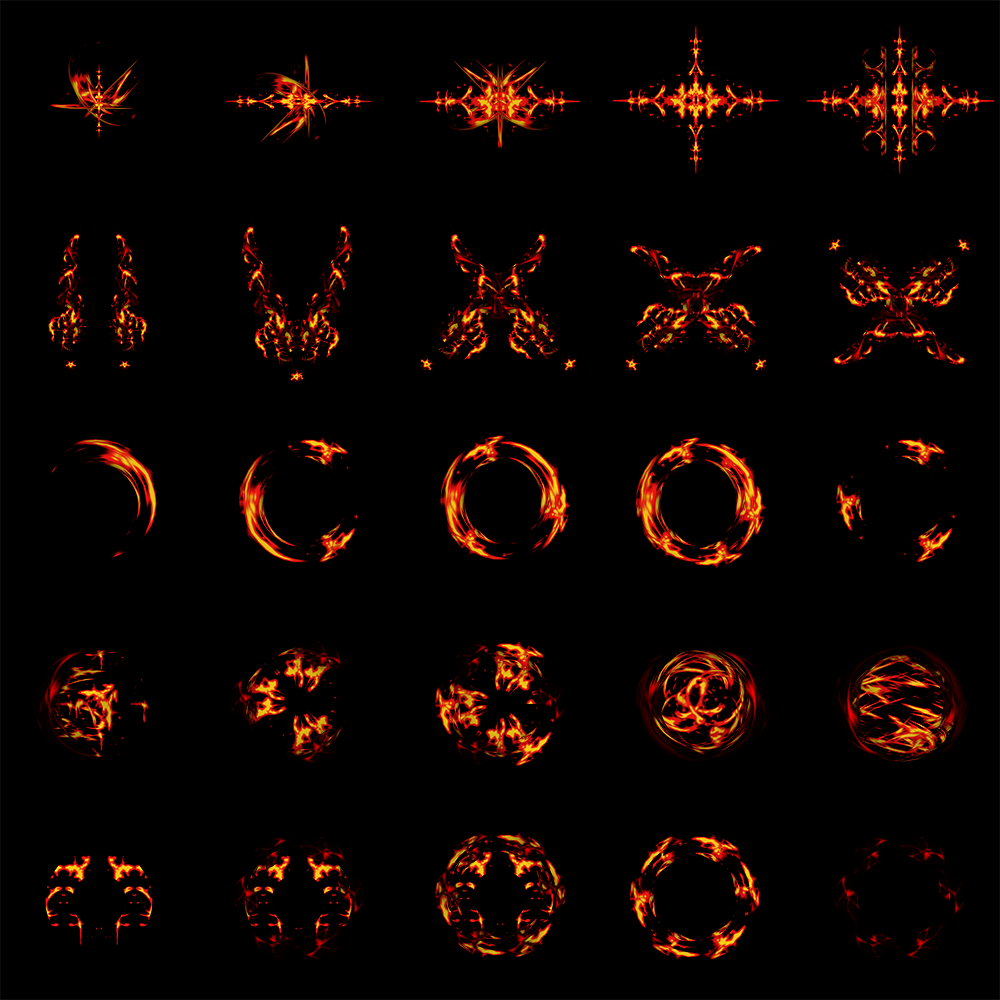

- #Lightsaber sound effect files serial
- #Lightsaber sound effect files code
- #Lightsaber sound effect files Pc
#Lightsaber sound effect files serial
The waveforms are stored inside the SST25VF080B serial flash. Optionally you can query the accelerometer to know on which axis a given event was detected, current acceleration, etc. This is a nice feature of the MMA8452Q, that frees resources by processing the most common accelerometer operations inside the IC. Maths are done inside the accelerometer (by Freescale), so the I2C channel is free for whatever you want after the startup. We have the transient detection on pin PB1 and the pulse detection on PB2, of the STM32. With this two events we can detect when the blade hits something (a pulse) or moves (a transient). At startup we tell the accelerometer to detect a “pulse” (a tap) and a transient (that is a certain acceleration in a given window of time). The MMA8452Q has two interrupt pins that can be set to signal pre-configured events.
#Lightsaber sound effect files code
We have the STM32 running the program ( source code here), that senses the buttons and processes the accelerometer indications, reads the waveforms from the serial flash and sends them to the DAC, then to the audio amplifier.īasically we need to detect two events: when the blade hits something and when the blade moves. Having the speaker lying on the table only makes low volume noises. So you can use any 8 ohm, 4W speaker. If you are using a hacked-from-somewhere speaker, we recommend you to find a proper enclosure, until you find a nice pitch.

#Lightsaber sound effect files Pc

So, between one earthquake and the other, the project took shape.Įnough chat. After a few days, we received the breakout boards batch, and that changed the game. So as usual, we filled the table with every little piece of hardware we found around the lab. We wanted to do another project before the end of the summer. Side note: If you are looking for a ready-to-go board for a lighsaber project, check out the new PropBoard! But don’t worry, it’s nothing hard to get. This project is a little more complex than the projects we have done before for the blog, and it will need a few external components. This time we bring you a board that simulates the sounds from a lightsaber, using low cost components. Hello, this is Ivan, and welcome back to another complete project from Artekit.


 0 kommentar(er)
0 kommentar(er)
